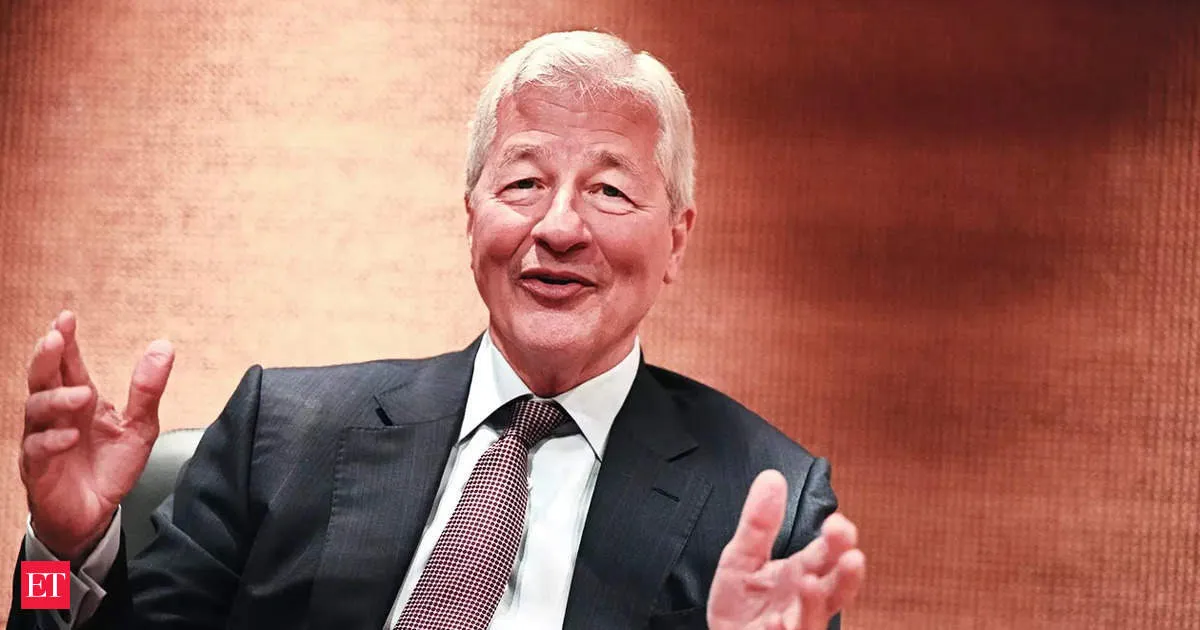Geopolitics Influencing Interest Rates and the Global Economy, Says Jamie Dimon of JPMorgan

Geopolitical Factors Affecting Interest Rates
Jamie Dimon, Chairman & CEO of JPMorgan, discusses how geopolitics is increasingly pivotal in determining interest rates and the trajectory of the global economy. He believes the US dollar will maintain its position as the dominant monetary unit, notwithstanding challenges.
Impact of Recent Rate Cuts
- The Federal Reserve's decision to implement rate cuts is noted.
- Dimon acknowledges that the underlying economy continues to progress, despite caution.
- He suggests that fifty basis points was an appropriate adjustment.
Global Capital Flows and Geopolitical Tensions
Dimon emphasizes the normalization of interest rates, particularly contrasting the US and Japanese movements.
- Japan's zero interest rate policy is gradually changing.
- Geopolitical issues overshadow interest rates in determining capital flows.
Geopolitical risks, such as the situation in Ukraine and conflicts in the Middle East, are critical concerns. Dimon notes that while oil prices have remained stable, the potential for future undersupply exists.
India's Economic Ambitions
India's aim to establish itself as a $7-trillion economy is viewed positively by Dimon. He cites effective reforms, including the Aadhaar system and GST, as significant factors propelling growth.
Final Thoughts
Dimon believes that strong leadership will be essential for India's continued economic success, even amidst potential challenges in governance.
This article was prepared using information from open sources in accordance with the principles of Ethical Policy. The editorial team is not responsible for absolute accuracy, as it relies on data from the sources referenced.